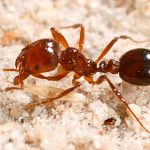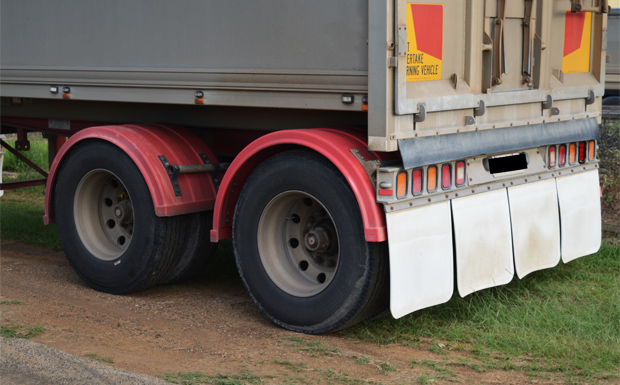
August 15, 2019
Two men have been jailed after pleading guilty to illegally importing pig semen which could have put Australia’s pork industry at serious risk.
West Australian pork producer and managing director of GD Pork Pty Ltd, Torben Soerensen, has been sentenced to three years in jail, and production manager Henning Laue, sentenced to two years, after pleading guilty in the WA District Court to charges linked to the illegal imports.
Soerensen will be eligible for parole after serving 18 months; Laue must serve a minimum of eight months.
GD Pork Pty Ltd, which is currently in liquidation, was fined $500,000.
On April 5, GD Pork entered guilty pleas to 12 charges of aggravated illegal importation (commercial advantage) under section 67(3) of the Quarantine Act 1908, and four charges of contravening conditions applying to conditionally non-prohibited goods brought or imported into Australian territory to obtain a commercial advantage under section 186(4) of the Biosecurity Act 2015.
The court was told the semen was smuggled into Australia from Denmark inside passenger luggage.
Federal Agriculture Minister Bridget McKenzie said the government took any breach of biosecurity legislation seriously.
“This case shows a disturbing disregard for the laws that protect the livelihoods of Australia’s 2700 pork producers, and the quality of the pork that millions of Australians enjoy each year,” Minister McKenzie said.
“The penalties handed down send a clear message that breaches of Australia’s biosecurity rules will not be tolerated.
“The court heard evidence that boar semen had been illegally imported from Denmark on a number of occasions between May 2009 and March 2017. The semen was used in GD Pork’s artificial breeding program and a number of breeding sows on its property were direct offspring of Danish boars.
“GD Pork imported the semen illegally in an attempt to get an unfair advantage over its competitors, through new genetics.
“These actions could have also exposed Australia’s agricultural industries, environment and the community to serious biosecurity risk.
“Boar semen can potentially contain a number of exotic diseases, including Porcine Reproductive and Respiratory Syndrome (PRRSV) which could devastate Australian breeding herds.
“Biosecurity controls exist for a reason. Importers and those within supply chains must comply. Those caught seeking to deliberately evade biosecurity controls will be punished.”
The charges mark a rapid change of fortune for GD Pork.
In 2017, the development of the company’s infrastructure in Western Australia was being lauded as a case study on the Federal Government’s EFIC (now Export Finance Australia) website.























